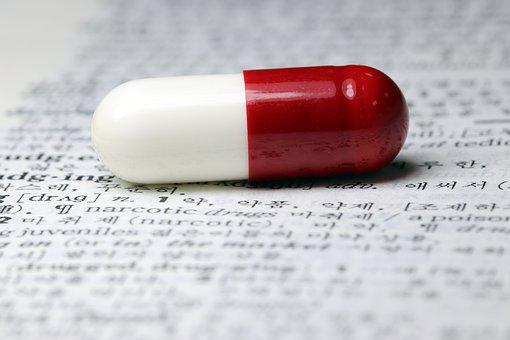Find Methadone Treatment Near Camby IN
For most individuals taking methadone maintenance treatment (MMT), they need to take their daily doses. They also need to be closely monitored for the first 7-10 days. Most patients are then able to visit their methadone clinic daily for at least six month to receive their daily dose. If an individual meets the requirements of the clinic and follows their treatment plan, they may be allowed to take home some supplies after six months.
Methadone clinics exist solely to dispense medication for medically assisted drug therapy. A'methadone Clinic' is often referred to as one that offers other medications, such as Suboxone or Naltrexone.
Methadone must be first prescribed by a doctor as a liquid or tablet form. Methadone clinics are the most common place to get methadone. Pinnacle Treatment Centers has many clinics that provide methadone. These centers do the initial medical assessment and administer the first dose. Then they continue to do daily dosing. Many people are concerned about how methadone clinics work and what to do if they or a loved one is suffering from an opioid addiction.


